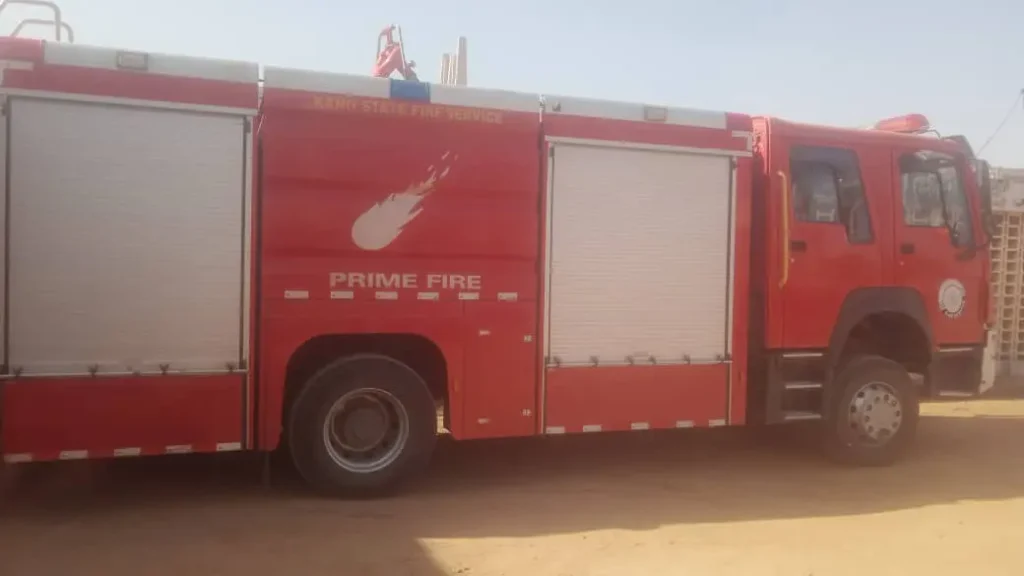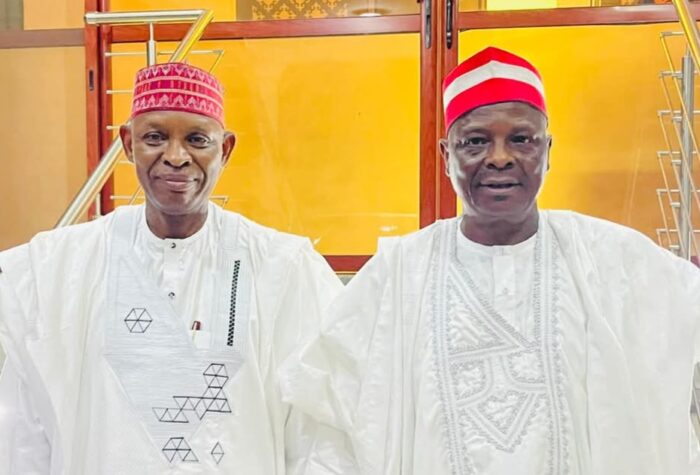Israel Escalates Air Strikes on Hezbollah Strongholds in Lebanon, Leaving Thousands Fleeing
Tensions between Israel and Hezbollah have reached a boiling point, with Israel announcing dozens of new air strikes on Hezbollah strongholds in Lebanon on Tuesday. The raids come just a day after a devastating bombardment on Monday that killed 492 people, including 35 children and 58 women, and wounded 1,645.
The latest strikes on southern Lebanon follow Israel’s announcement earlier this month of “Operation Northern Arrows,” a large-scale military operation aimed at targeting Hezbollah’s infrastructure and capabilities. The operation marks a shift in Israel’s focus from Gaza to Lebanon, where tensions have been escalating since Palestinian militant group Hamas launched an unprecedented attack on Israel in October 7.
Hezbollah responded to the Israeli strikes by launching volleys of missiles at Israeli military bases, with more than 50 projectiles fired into northern Israel in less than 10 minutes on Tuesday morning. The Israeli military said most of the projectiles were intercepted, but the exchange has sent residents of the city of Haifa running for shelter.
The situation in Lebanon has become increasingly dire, with thousands of families fleeing their homes in fear of further violence. Lebanese journalist Nazir Reda, who was driving to his hometown near the Israeli border to get his family away from the violence, described the panic as unprecedented since 2006. “Everyone is heading (to Beirut) with their children and their belongings – it’s the first time we see such panic since 2006,” he said.
World leaders have expressed alarm over the rapid escalation on the Lebanon front, with UN chief Antonio Guterres’s spokesman saying he was “gravely alarmed” and the EU’s top diplomat Josep Borrell warning of “unimaginable consequences” if a regional war broke out. France and Egypt have called on the United Nations Security Council to intervene, while Iraq has requested an urgent meeting of Arab states on the sidelines of the UN General Assembly in New York.
Israel’s Prime Minister Benjamin Netanyahu said his country was acting to change the “security balance” in the north, while Hezbollah has stated it is in a “new phase” of confrontation with Israel. Israeli army chief Herzi Halevi said Monday’s strikes hit combat infrastructure Hezbollah had been building for two decades, while Defence Minister Yoav Gallant called Monday “a significant peak” in the operation.
The crisis has sparked a flurry of diplomatic activity, with the Pentagon sending a small number of additional US military personnel to the Middle East to support operations in the region. A US official said Washington opposes an Israeli ground invasion targeting Hezbollah and has “concrete ideas” on how to de-escalate the crisis. G7 foreign ministers also issued a joint statement warning that “no country stands to gain” from escalating conflict.



